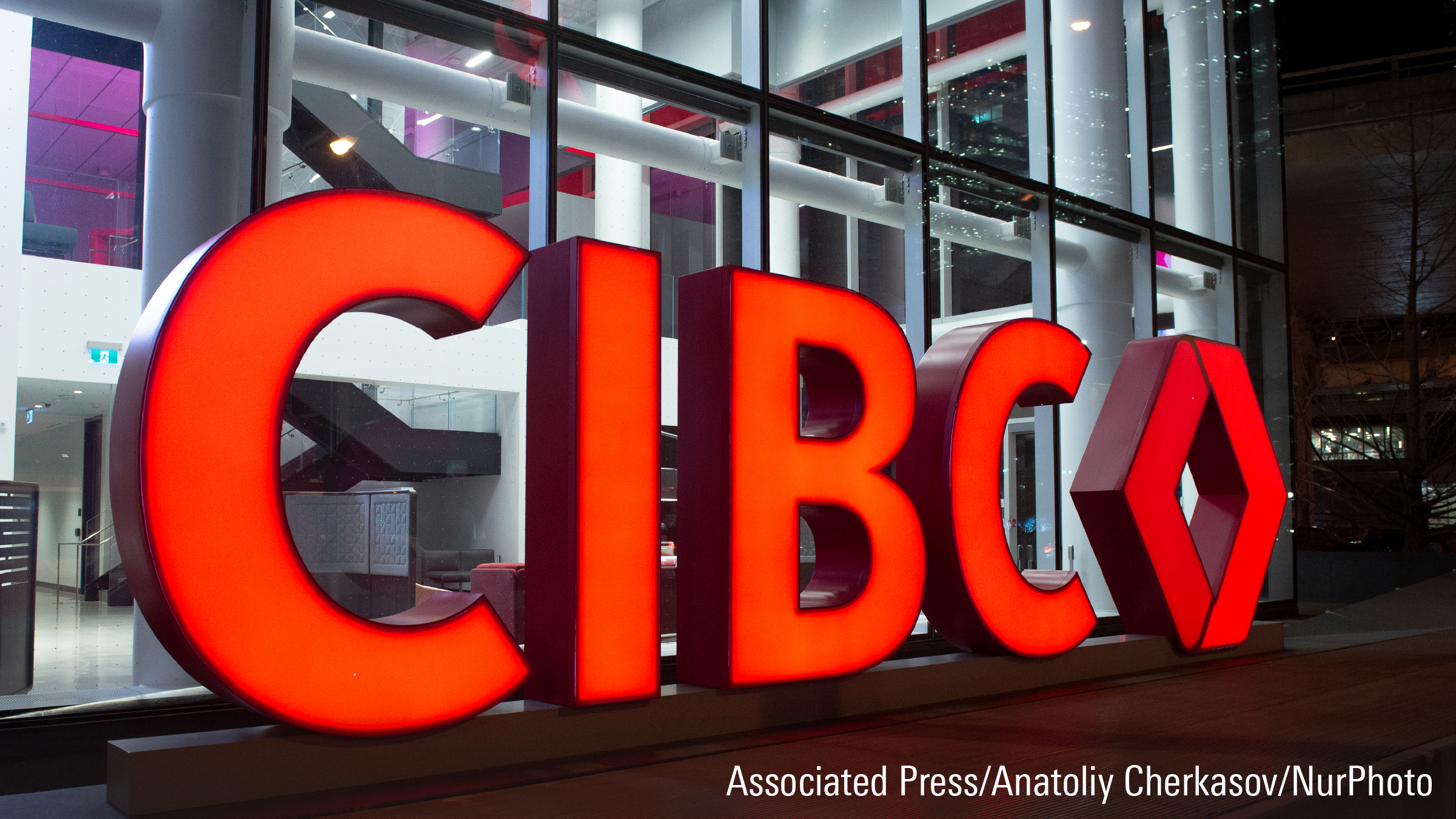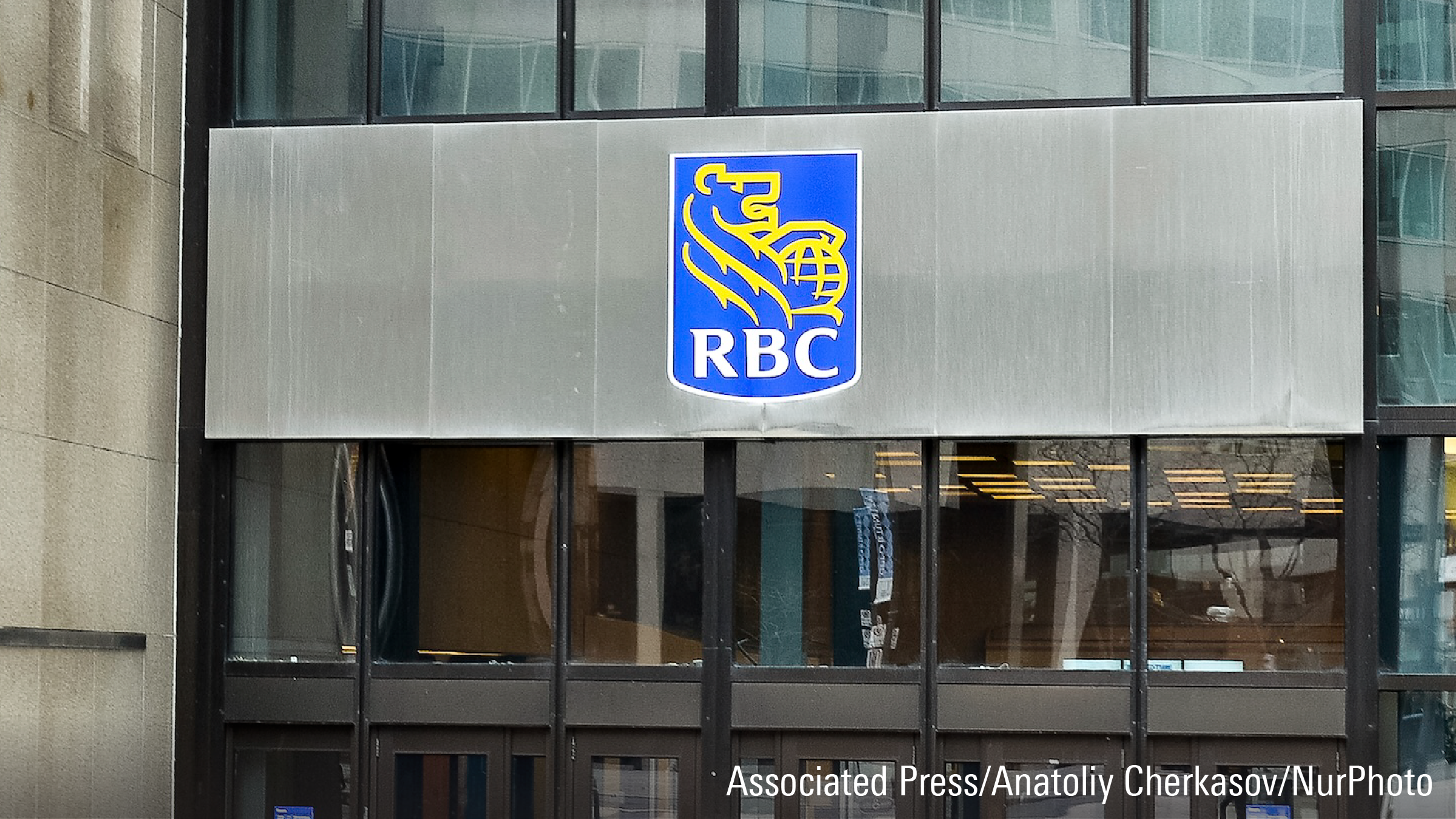Jeremy Glaser: For Morningstar, I'm Jeremy Glaser. Facebook has been one the most highly anticipated IPO in years. I'm here today with Senior Analyst, Rick Summer to see if now is a good time to dive in or if investors should wait for a better opportunity.
Rick, thanks for joining me.
Rick Summer: Sure, thanks.
Glaser: So, let's get your first take on Facebook. When you dive into the company's financials, what do you see or what do you like about this company?
Summer: Sure. I think first and foremost, we can't forget how many users they have, you know north of 900 million monthly actives that are going to the site and more than half of those are actually interacting in some way with Facebook on a daily basis. That level of engagement is absolutely tremendous that we have.
Secondly, you have a wide level of profitability. You have near almost 50% operating margins, meaningful $3.7 billion in revenue on trailing basis. This is a company certainly to be reckoned with and certainly a future force that already has a business model that's proven today.
Glaser: So, let's take a look at the economic moat. It's the cornerstone of lot of Morningstar's equity research. What kind of competitive advantages do you think Facebook has and will it be able to keep those up over time?
Summer: It's a great point and this really underlies a lot of forward doing and talking about with respect to Facebook and with respect to our valuation as well. Facebook's moat is really built around its user base. So, actually 900 million users that are not only just going there, but they are interacting with it and it's part of their identity. It's part of how they communicate with their friends within their Facebook network.
That in and of itself is the most important compelling part of the moat, but it's not just a destination. We have people that are using authentication, meaning the logon credentials for Facebook at other third-party websites. We have other third parties that are actually incorporating Facebook data, social plug-ins, comments, and lots of different things; you actually have Facebook spidering out into the fabric of the web. Those are very difficult connections to be able to dislodge by a competitor.
Secondly, they have actually monetized this and proven that they can generate excess returns on capital even in an environment where ad pricing is pretty weak, because we haven't really figured out yet how to advertise in social networks.
Glaser: So, where does the moat come out then?
Summer: So, right now, we have a wide moat which is - the only other wide moat company in the Internet space that we cover is Google of course - and we're looking in the Internet advertising land of this being a two-headed monster going forward.
Glaser: So it doesn't sound like Facebook is going to go the way of MySpace, to some Friendster or other social networks that haven't done so well, but what kind of growth is in front of them. It's seem like almost everyone already has a Facebook account. Will they be able to grow users, or do they need to grow users in order to grow that top line?
Summer: Yes, this is an important dynamic and we've told a lot of our clients that this is not Google and it's really unfair to compare the two. Google was at a very different place in the growth cycle. They have the advantage of being able to grow users, grow market share over time and Facebook is different, right? Nearly one billion users. So in terms of users, sure we can double the users, maybe we can triple the users over time, but we're not going to quintuple and we can't have 10x the number of users because obviously, that’s more than what we have on the face of the earth.
What we really have are new revenue opportunities ways to actually increase advertising. We have very small units of advertising. We have north of $7 per user that's being monetized right now. That’s not extremely compelling today. So you have to be able to figure out that they can actually monetize this in a much bigger advertising network sort of way.
Two, is we haven't seen an influx of local advertising dollars onto the web yet. We, obviously, talk about Groupon quite frequently. We know that Google's made inroads into the local market. We really believe that Facebook has a lot of very compelling assets to grow the local advertising space in an extremely positive way.
Lastly, we're not as bullish on this as some other research firms, but we do look at Facebook credits or Facebook, which is a payments platform, as being an extremely lucrative way for them to offer payments for digital goods. We think physical goods is also an opportunity, but we're still looking at north of $1 billion that they can end up generating from revenue, we believe over time.
Glaser: So, what are some of the risk then to growth not quite meeting those expectations?
Summer: Yeah, sure. I think that Facebook needs to make sure that they continue to innovative in ways that don't detract from their user base. They don't want to be the next MySpace and they don't want to be the next Friendster. So, if they end up pushing too much advertising, doing things that end up alienating their users, we will have second thoughts about what they're doing with respect to their moat.
I think secondly in the near-term there is a tremendous amount of risk. The advertising that is being placed today is not measurable ROI for a large bulk of these. So, we have a lot of funny math that's going on by advertisers and agencies to understand that they're getting the proper bang for their buck. Just recently we heard, obviously, GM pulling out of their campaign because they didn't feel that they were getting the bang for the buck.
We think that Facebook solves this problem over time, and we think that network is way too compelling, the data is too compelling for them not to turn into this dominant advertising platform, but today we don't have best practices around that.
Glaser: So, wide-moat business sounds great, but you don't want to buy it at any price. Where does evaluation come out, what should investors pay for this growth?
Summer: Yeah, so we're coming out of $32 a share and obviously the pricing range is above that and we expect it to trade even north of that. What we're telling investors is these near-term risks could actually be a very positive thing for investors down the line. Setting the sidelines today, we're going to see growth slow, we're going to see profitability in terms of margins go down over time, and over the next 12 to 18 months that could cause some massive pressure on the stock at the same time.
You may get a chance to get this wide-moat business at a substantial discount to the IPO price over the next 12 to 18 months. Right now, when you're looking in Internet advertising sector, you've got Google and you've got Facebook. Google is still trading at a pretty substantial discount to our 780 fair value estimate; why would you pay for premium for Facebook today when we think it's worth $32?
Glaser: Rick, thanks for your thoughts today.
Summer: Thank you.
Glaser: For Morningstar, I'm Jeremy Glaser.






















